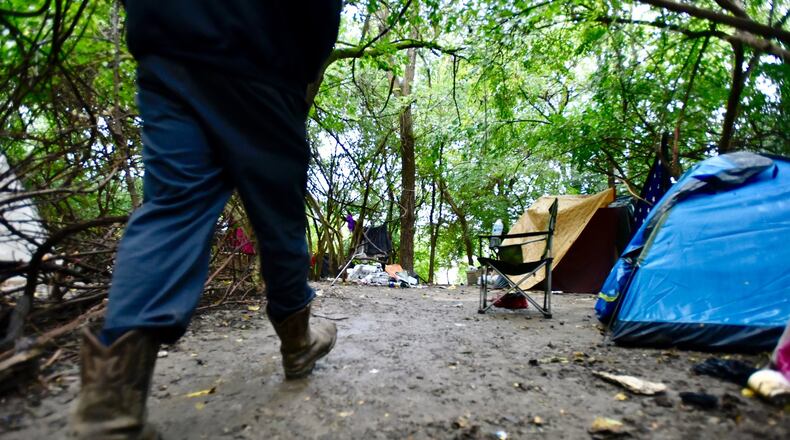The commissioners received requests for $5.1 million in Department of Housing and Urban Development (HUD) funding for 39 projects to benefit low-and-moderate-income residents this year. The bulk of those, totaling $2.9 million, were applications for Community Development Block Grant funding, and the rest came in HOME requests.
Using some unspent funds from last year the commissioners approved $1.25 million for CDBG projects and programs $1.35 million in HOME funds for new housing, down payment assistance and some rehab work.
Maaytah said he sent out 120 applications to organizations in the county about a month ago.
“CDBG and HOME funds are used to assist LMI areas, the homeless, disabled, elderly,” Maaytah said. “Since 1999 the commissioner have funded many programs throughout the county and assisted thousands of people. Projects have include infrastructure projects, food programs, help to local schools, first-time homeowners' down payment assistance programs and also increasing affordable housing.”
When the coronavirus pandemic struck almost seven months ago, the commissioners redirected $75,000 in CDBG money from last year to help the Butler County Housing and Homeless Coalition rehouse the homeless. Thus far they have spent $44,000 and helped 74 households.
Mindy Muller with the coalition asked the commissioners to give special attention to the “deplorable” lack of affordable housing in the county as they consider funding requests.
“We have as a coalition put on our radar as a priority to increase the number of units in our community so that people that want to become housing stable, that want to live in a place that’s decent, safe and sanitary, places we would want to live, have an opportunity to do that,” she said. “So we are looking for support from the commissioners.”
Commissioner T.C. Rogers, who has been a builder for 44 years, said there are housing units available in the county but bringing them up to code is cost prohibitive. He said the terms “decent, safe and sanitary” are subjective. The commissioners can’t assume liability if something happens after a family moves into a dwelling that was provided with county funding.
“We could be liable because we paid somebody to go into a home and something happened, they get hurt or get some disease, so it’s the commissioners' fault,” he told the Journal-News.
Muller said they use the HUD definition of the term, meaning things like making sure the water and sewer systems aren’t faulty, there is no lead paint, and the appliances work.
Muller said the county shouldn’t assume all liability and they are seeking creative solutions other than the traditional down payment assistance program.
“I don’t think everyone is going to be a homeowner but I think we do, through HOME dollars make that available,” she said. “For home ownership there is a path, but there many people who just want an affordable rental place to live. ”
Maaytah said the deadline for the applications is Nov. 6. The Consolidated Planning Committee, which includes members of his office, the Water & Sewer Department, engineer’s office and Job and Family Services, will make recommendations for the commissioners. The commissioners usually pick the projects in January for the program that starts May 1.
About the Author

